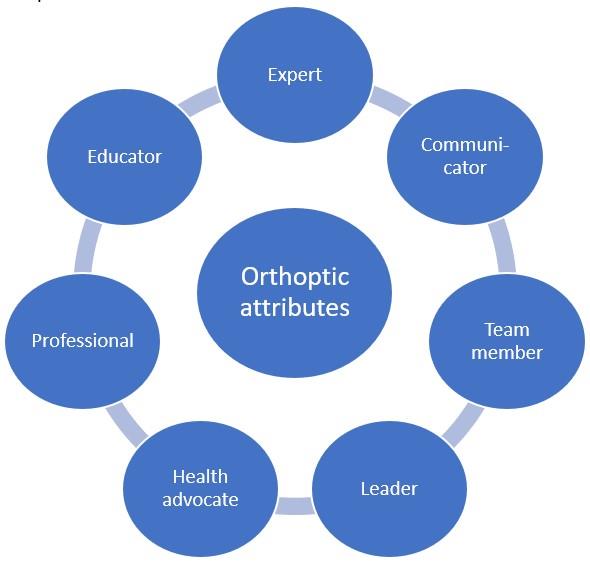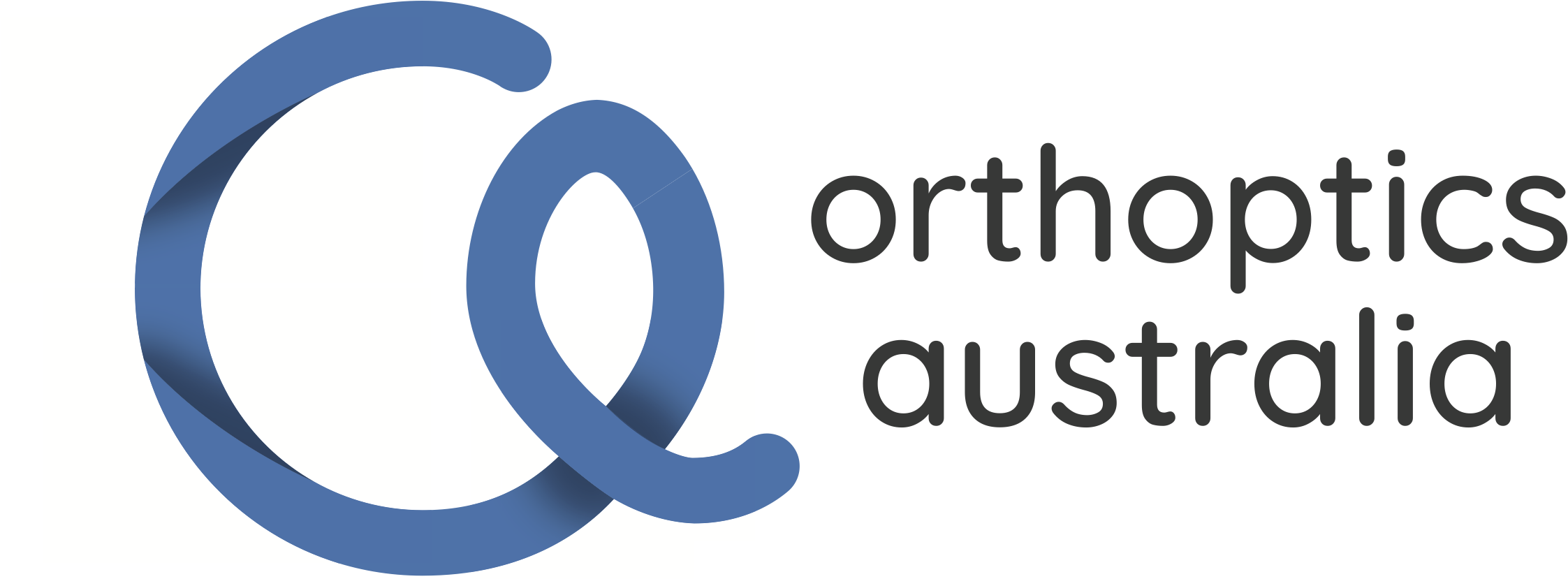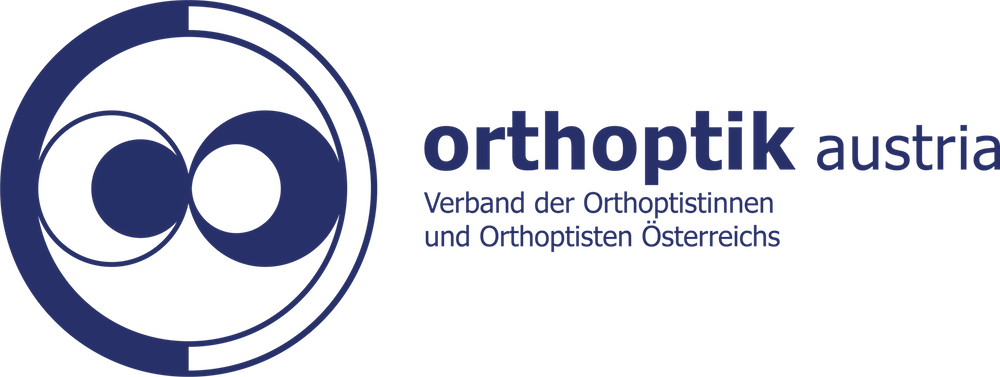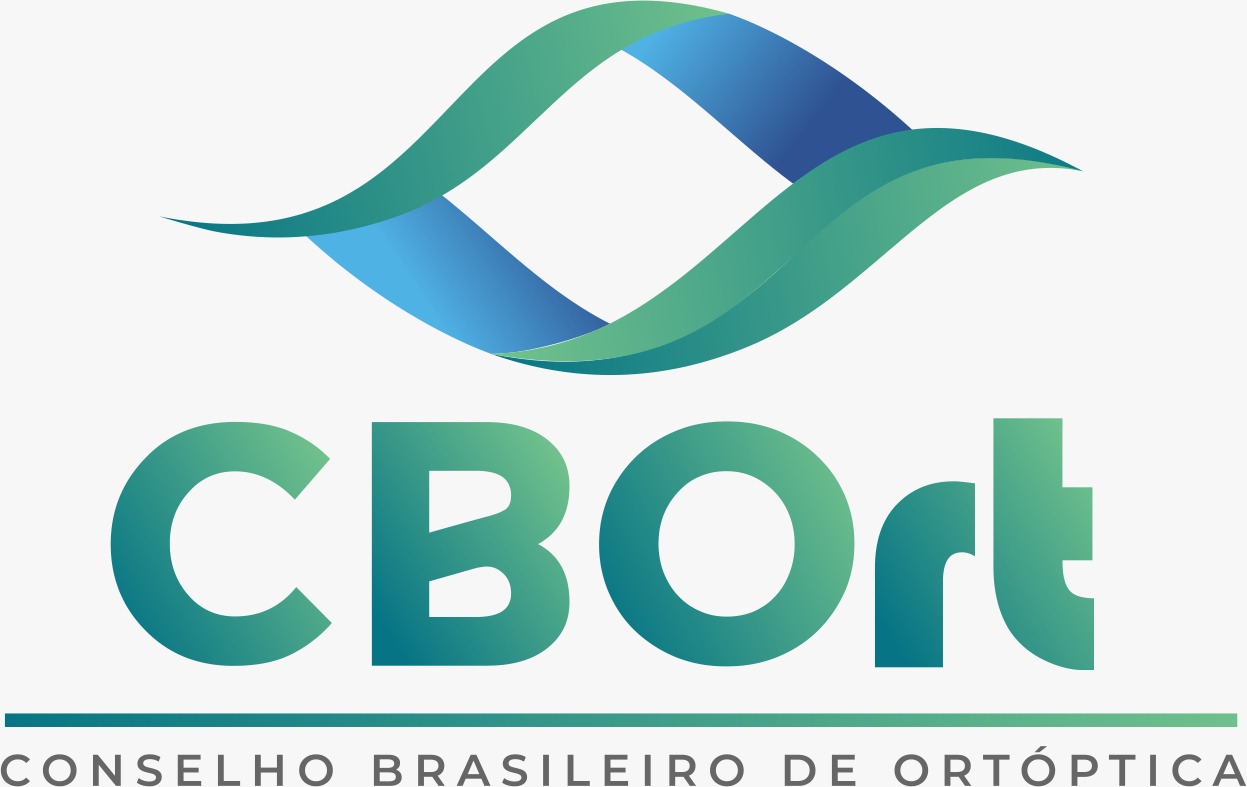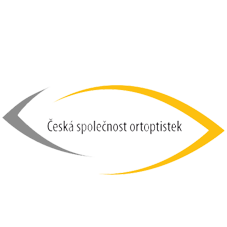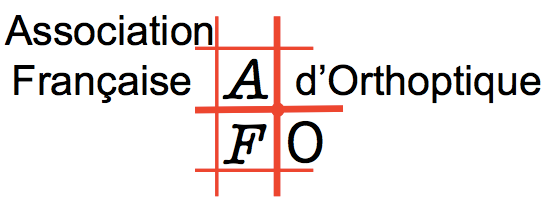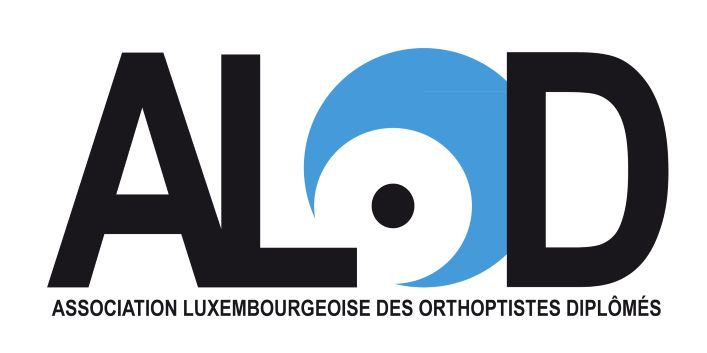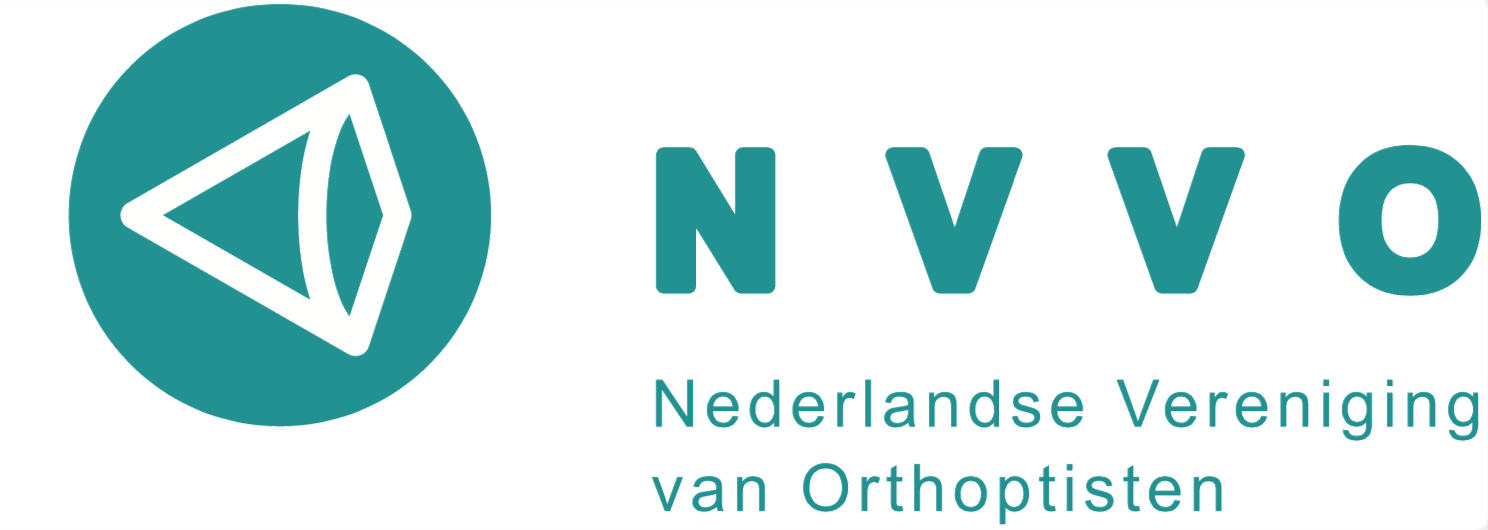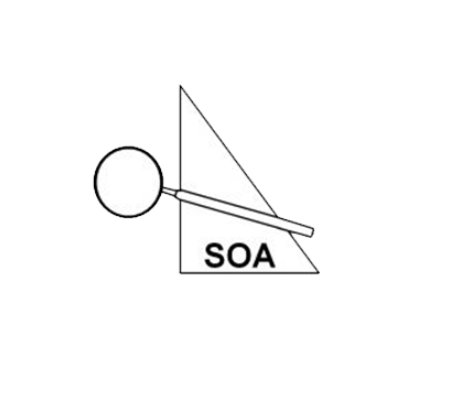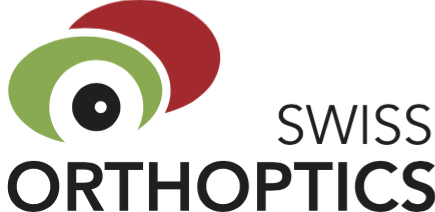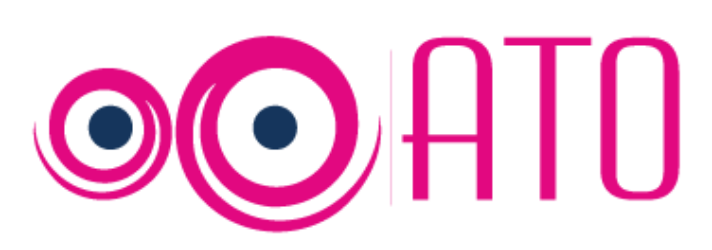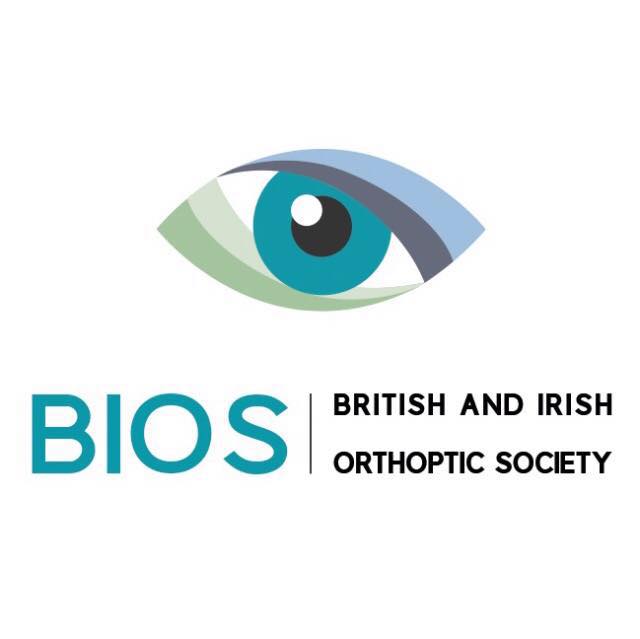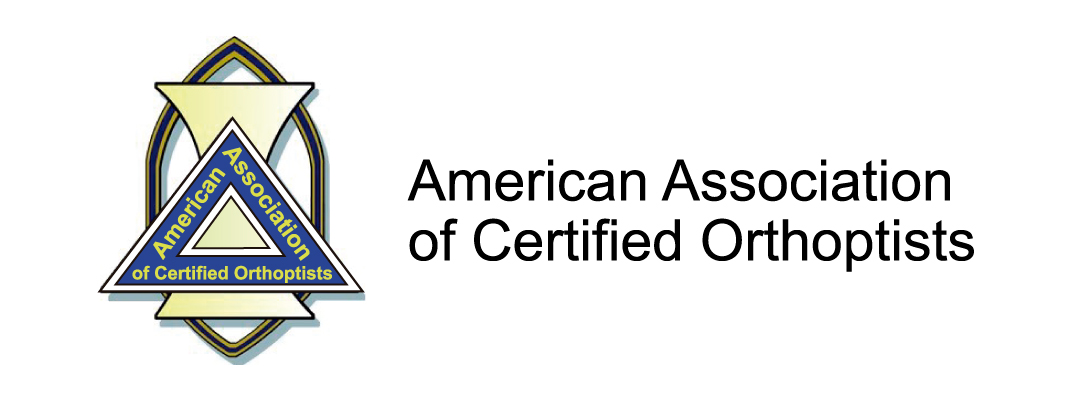Taranaki Based Hospital
I visited Taranaki Based Hospital where I could go to as observer-ship in New Plymouth in New Zealand for eight weeks. This hospital is a general hospital and serves the Taranaki area. When I arrived at the premises and looked at it, I was surprised that this hospital has a huge area, such a big hospital. In addition, this area has beautiful scenery and we can see the Mt. Taranaki clearly from there. I had never been to that amazing place since before. And also that hospital has accommodation available for staff who work or study there. The supervisor who led me was Libby Kelly. She is an expert Orthoptist, who qualified as an Orthoptist in England. In that hospital there is only her working as Orthoptist, so she manages to test and do orthoptic patients by herself. She also arranged everything for my observation plan, and moreover she helped and supported me whenever I was there. I had rotation in different departments, such as general out clinic, orthoptic clinic and retinal photography clinic. Furthermore, I got an opportunity that I explained to patients about the test and tested them for eyesight, visual fields, eye movement, etc. with Libby. I thought it was an absolutely good experience for me. In those place I met many staff, Dr Kevin, Dr Ross, Dr Simon, Nicola, Raewyn, Maree, Rosalie, Wendy, who are very kind, teaching me a lot of things which helped improve my knowledge of ophthalmology.
Besides, Libby introduced other facilities, to which I could visit. These are the Foundation of the blind, that supports the people who is blind or have low vision, the child welfare work, that supports the children who can’t take lessons easily because of a handicap, and The Terrace Eye centre that is in Wellington. In New Zealand I could experience many things I couldn’t do in Japan.
What is the difference between New Zealand and Japan
Firstly, there are Eye specialists and Optometrists in New Zealand and they see patients. As far as I know, if people are in good health, who don’t have eye disease, want to buy glasses, they usually go to the Optometrist and get a prescription, including for contactlenses.
There are only Eye specialists in Taranaki Based Hospital, so I didn’t see those patients there. On the other hand, there are no Optometrists in Japan. So we, Orthoptists, usually test a lot of those in hospital.
Secondly, they don’t wear a white coat in New Zealand. I thought it’s very good for children. It’s probably true to say that some children are frightened at a white coat which causes bad memory, for example, an injection. In Japan some medical staff don’t wear that, but we usually do. There are those who argue that we don’t need to wear that in hospital. After observation, I think we could be permitted to not wear a white coat in certain situations.
The Problem was that I couldn’t speak English well
I had really wanted to go abroad for working or studying. But the thing was, I couldn’t speak English at all. So I needed to go to some school to study English before I went to Taranaki Based Hospital to observe. When I went to the English school, which is in Wellington, I was surprised that there were many foreigners, such as Chinese, Korean, Vietnamese, Malaysian, Saudi Arabian, Japanese, Germany, Italian and Brazilian, who had an ambitious plan to go to a University or work in New Zealand. In there people speak British English, called Kiwi English, so it’s different from American English which I, Japanese, had studied since when I was a junior high school student. After I graduated from that English school, I worked at the Japanese foods restaurant to practise speaking English, and then I went to Taranaki Based Hospital. I got an opportunity to explain to patients about the tests while I was studying by observation there. Of course that was too difficult for me at first, but I thought I was making gradual progress in doing that.
Attraction in Taranaki
There are many places of interest in Tranaki, ji n especially Mt. Taranaki which looks like Mt. Fu in Japan. I went to that mountain with Libby and her children by car. There is a public institution, i which we can learn the history of Mt. Taranaki and look out over Taranaki area from there. So we visited there and en joyed that. When you see the mountain on a fine day, you will be struck by a grand view. And also I went to the Puke Ariki museum, Tawahiti museum, Pukekura park and Surf Highway 45. I would strongly recommend that you should visit those sightseeing spots, if you go Taranaki.
Conclusion
I thought I had a great experience, which I couldn’t have in Japan, as an Orthoptist. So I feel it would be to our advantage, if we, Japanese, join this exchange program. And also I can recommend that to other country’s Orthoptists. Lastly, I want to thank all concerned, especially Libby Kelly and Sally Macklin who taught me a lot of things, and for their help.
Yoshitaka Nakao
Kimura Eye and Int. Med. hospital in Kure
Japan

